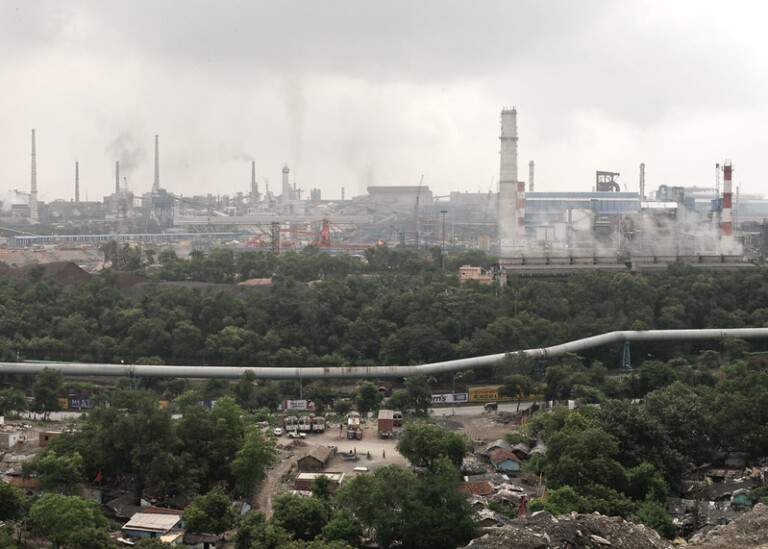
India

As India begins to transition to net zero, there will be profound changes in the profile of jobs and major impacts on regions and communities. The transition in India must be just and fair, given the multiple developmental and climate challenges the country faces. India will need trillions of dollars in various forms of capital to make the transition a just one. Creating the enabling environment to mobilise domestic capital and increase international flows will be pivotal for a just transition in India.
In India, the Just Transition Finance Lab will work with partners to develop sustainable finance innovations that support a just transition to achieve the country’s 2070 net zero target. The team will build a typology of just transition finance instruments and case studies. On the metrics track, the Lab will show how India’s comprehensive Business Responsibility and Sustainability Reporting (BRSR) requirements can be used by companies to show how they are taking action on the just transition. With its partners, the Lab will seek to catalyse financial innovations that enable a just transition in specific sectors such as small-scale renewables, green hydrogen and steel. The Lab will engage key stakeholders in financial institutions, regulatory bodies, and policymakers at sub-national, national and international bodies.
The research team at the Lab have already published several outputs on India and convened on the same with local partners in India. The Lab’s executive director Nick Robins has previously undertaken research with British International Investment (BII) and the Environment Centre Pvt Ltd (EMC) in Delhi to assess how investment could be mobilised for a just transition in India. He has also inputted into India's 2023 G20 presidency and made policy recommendations for mobilising private capital for the Global South. Sangeeth Selvaraju has published on financing a just transition in the steel sector and on building climate alliances for finance flows.
The Just Transition Finance lab will leverage local partners and collaborations – for example, with Professor Suranjali Tandon of the National Institute of Public Finance and Policy (NIPFP), Prasad Modak of EMC and the Sustainability Futures Collaborative. The Lab will build on these collaborations and develop future partnerships in India to carry out its work. Our India programme over the next two years will build on this research, led by Sangeeth Selvaraju.












